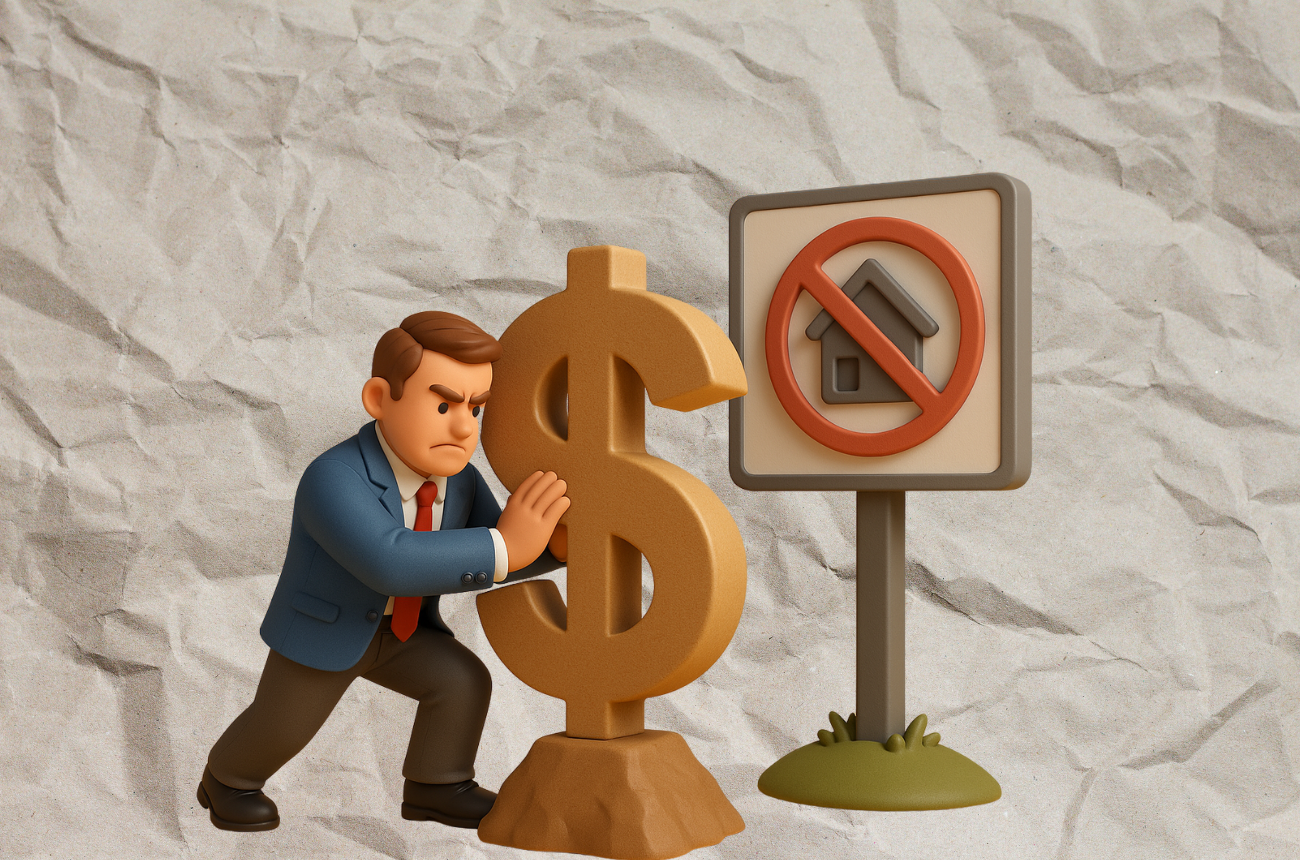


The Hidden Downsides Of SMSF Commercial Property Investment

Investing in commercial property through a Self-Managed Super Fund (SMSF) may seem like a safe bet, but it's crucial to understand the potential pitfalls.
Let’s explore the disadvantages of SMSF commercial property investment and why it might not be the ideal choice for everyone.
Increased Vacancy Risk
It’s not uncommon for commercial properties to have long vacancies, sometimes sitting empty for six months or more while waiting for the right tenants. This means you must cover all costs during these periods.
If you live near a bustling high street, you've likely seen both ends of the spectrum: thriving businesses leasing for years and shop fronts that remain empty due to the difficulty of securing long-term tenants. Be prepared with a cash buffer to cover the property's outgoings without rental support.

Complicated Lease Terms
While commercial leases are relatively standard, commercial leases can vary significantly, with nearly every term up for negotiation.
Consequently, commercial investors need to work closely with their lawyers when drafting a lease.
Susceptibility To Economic Conditions and Infrastructure Changes
Commercial property is highly susceptible to economic shocks. Demand for business goods and services can fluctuate dramatically based on the economy's strength.
During economic downturns, the demand for commercial premises typically falls, affecting rental income and property value.
Residential properties, while not immune to economic conditions, generally experience more stable demand.
Conclusion
Get in touch with our dedicated team today!








